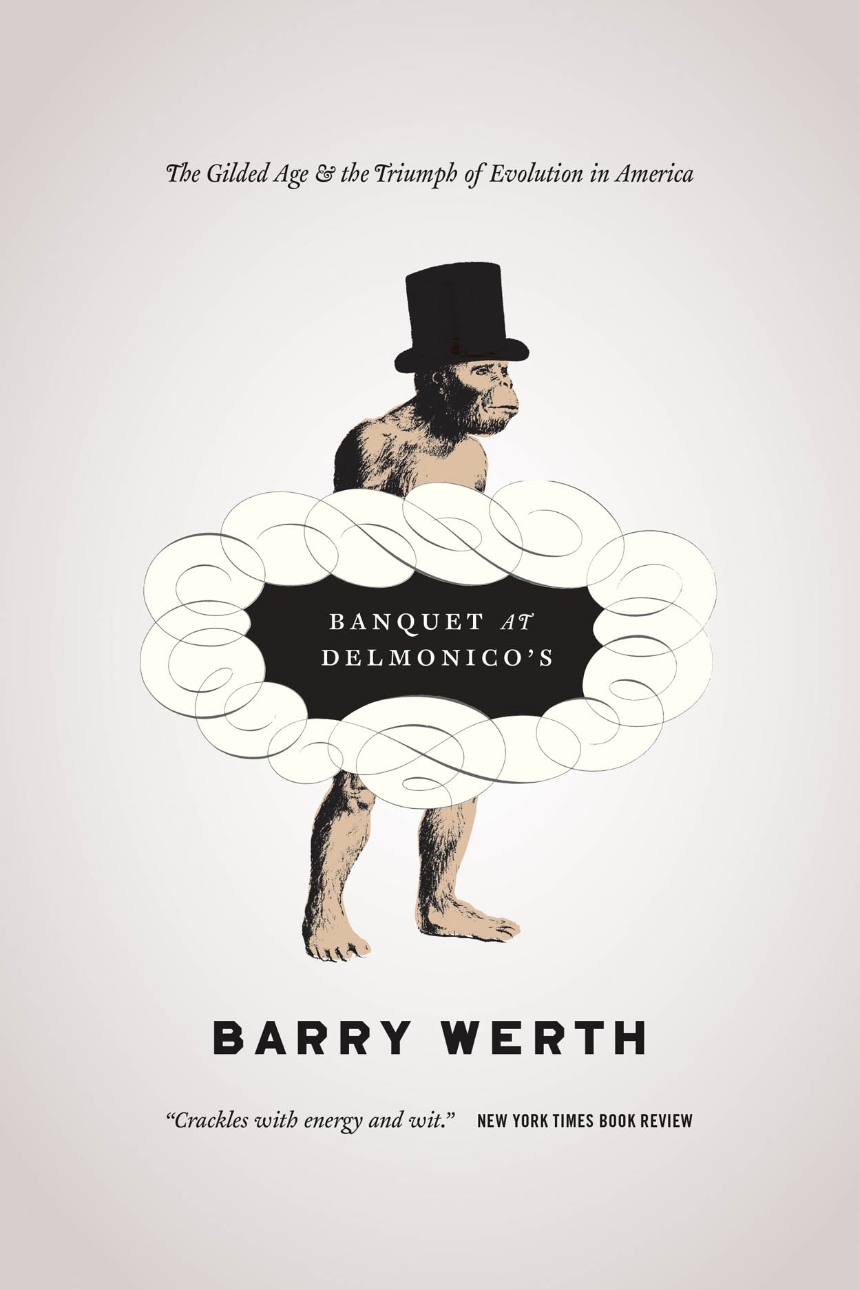Banquet at Delmonico’s
The Gilded Age and the Triumph of Evolution in America
In Banquet at Delmonico’s, Barry Werth draws readers inside the circle of intellectuals, scientists, politicians, businessmen, and clergymen who brought Charles Darwin’s controversial ideas to post-Civil-War America. Each chapter is dedicated to a crucial intellectual encounter, culminating with an exclusive farewell dinner held in English philosopher Herbert Spencer’s honor at the venerable New York restaurant Delmonico’s in 1882. In this thought-provoking and nuanced account, Werth firmly situates social Darwinism in the context of the Gilded Age. Banquet at Delmonico’s is social history at its finest.
400 pages | 6 x 9 | © 2011
Biological Sciences: Evolutionary Biology
History: American History, History of Ideas
Reviews
Table of Contents
Principal Characters
Prologue
New York, November, 1882
Chapter One
Cambridge, 1871
Chapter Two
New haven, 1872
Chapter Three
New York, 1873
Chapter Four
New Haven, 1874
Chapter Five
Brooklyn, 1875
Chapter Six
Washington, 1876
Chapter Seven
Baltimore,1877
Chapter Eight
Brooklyn, 1878
Chapter Nine
French Riviera, 1879
Chapter Ten
Washington, 1880
Chapter Eleven
New York, 1881
Chapter Twelve
New York, 1882
Epilogue
Acknowledgments
Bibliography
Notes
Index
